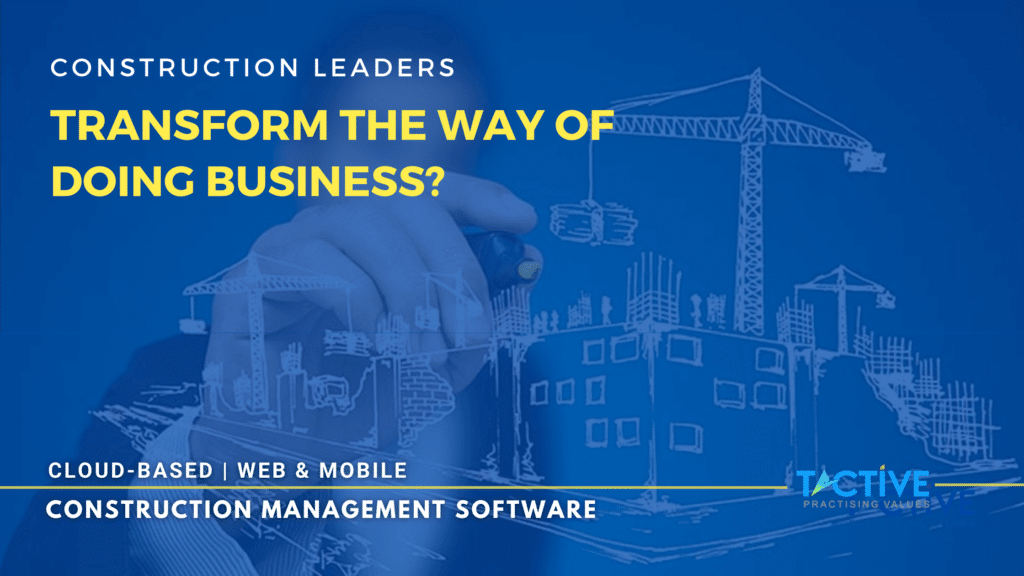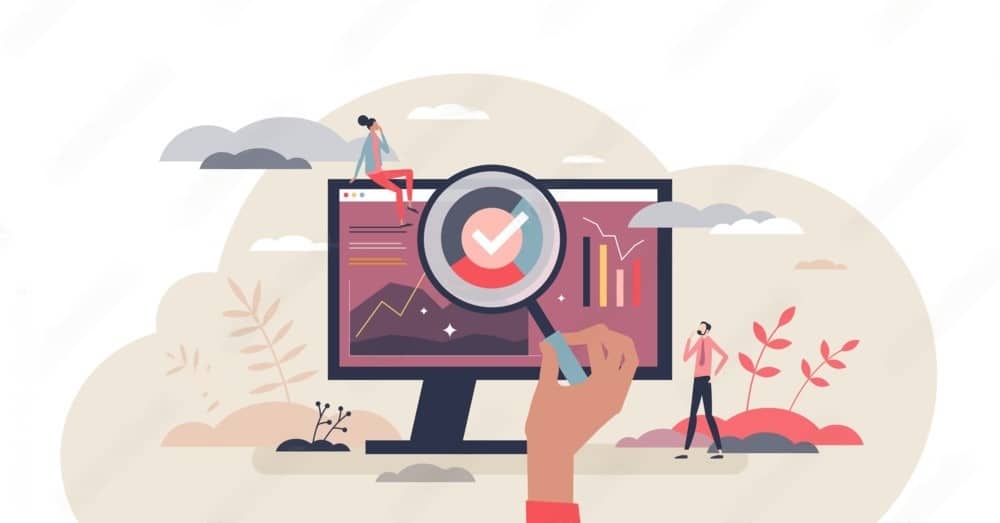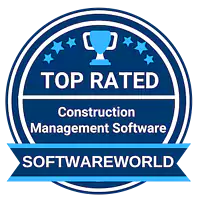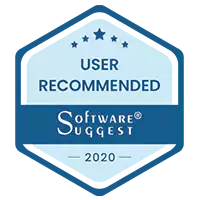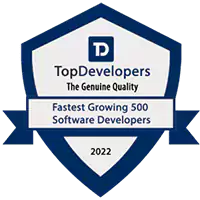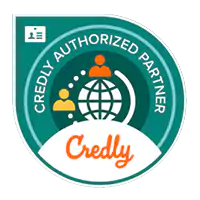Ever since the beginning of the IT revolution back in the 90s, Information technology has redefined the way businesses across the world operate. Ease of Doing Business (EoDB), has now become a prominent target of IT. This perfectly aligns with our current government’s policy to promote EoDB and digitization for a transparent and transformed India. As per the World Bank report 2020: India is at 63rd position in EoDB out of the 190 participant countries. With incentives from the Govt of India, the time is ripe for all industries, specifically the Construction industry to rethink its conventional method of operating and shift track to embrace the concept of digitization and automation, to better sustain in a technology-driven era.
Ola and Uber have now replaced the old way of doing passenger transportation by incorporating IT to transform their business. This has enabled them to modify their approach towards the sector and has also effectively changed their perspective of the transportation business. They are two of the largest taxi service providers in India without actually owning any vehicles to their fleet. The same holds good for Air bnb (largest realtor, with no actual real estate) Facebook (largest media, without owning any media content), etc. These serve as a good example of smart business transformation.
The examples above are not exactly how the effects of IT are going to spill into the Construction arena, but it gives an outlook of the potential for transformation and subsequent growth that is still unexplored in the predominantly non-digitized Construction sector.
The construction industry is many folds multidimensional and vast than most other sectors. The potential it can tap into, with the inclusion of IT, is humongous than it is for most other sectors. Let’s talk numbers now, shall we? A research report by the World Economic Forum predicts that digitizing the Construction operations at full scale, even for as long as 10 years, can yield significant results in terms of saving annual costs. For non-residential construction, savings in the design, engineering, and construction phases are expected to increase from $0.7 trillion to $1.2 trillion, and in the operations phase, from $0.3 trillion to $0.5 trillion.
Digitization puts in fast track all the reports, designs, plans, schedules, tenders & bids, fundings, compliances, etc. and saves time, paper trails, and effort. Digital technologies like Construction ERP software connects all the stakeholders in real-time and provide visibility to all the operations in-situ or off-campus, ensuring effective management and allocation of resources at every stage of the project work-flow cycle.
Incorporating BI: A Smart ERP Software is built with Business Intelligence that reduces confusion and enhances clarity. It keeps a tab on the information shared by all the stakeholders of the project. 24×7 reliable and secure access to data from anywhere. BI records value exchange, administers smart contracts, and combines them to certify proof of existing Data.
Tactive takes the client’s perspective of their projects and proposals and delivers the best input required to get their dream on paper come to life. The aim is to leave the clients in better standing than before. This is done by providing the client with technology that empowers them to be self-reliant in the future.
